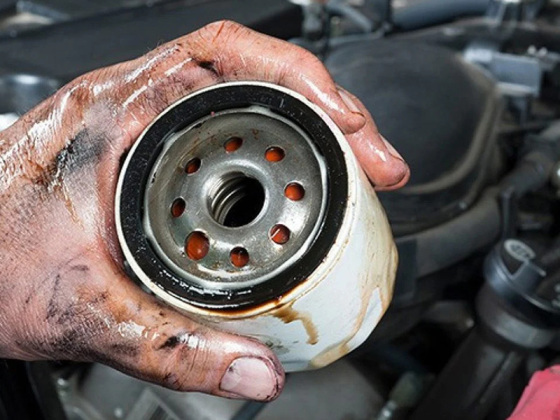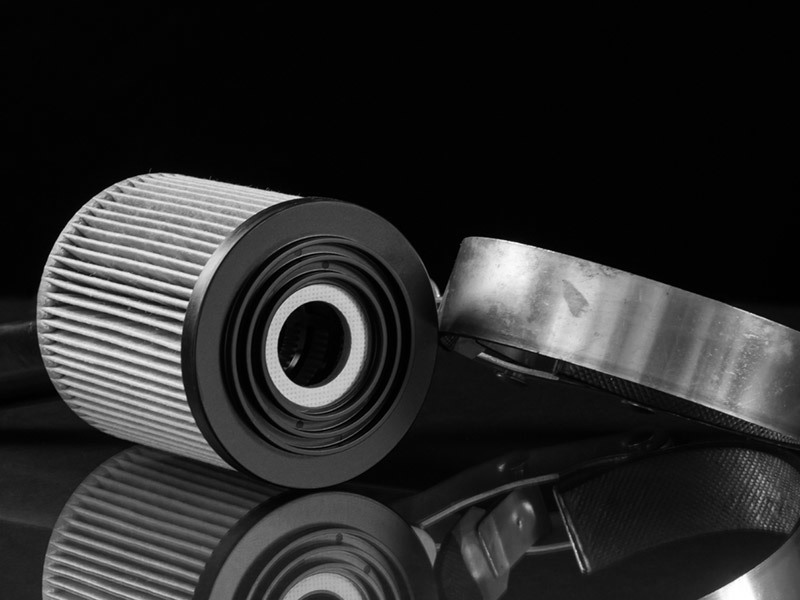The Science Behind Oil Filtration: How Filters Remove Contaminants
Release time:
25 Jun,2024
Oil filtration plays a vital role in various industrial applications including machinery and equipment. Clean oil is essential to ensure the best performance, life and efficiency of these systems. In this article, we delve into the science behind oil filtration and its importance in removing contaminants.

Understand the importance of oil filtration
Oil filtration plays a vital role in various industrial applications including machinery and equipment. Clean oil is essential to ensure the best performance, life and efficiency of these systems. In this article, we delve into the science behind oil filtration and its importance in removing contaminants.
2. Basic knowledge of oil filtration: the working principle of the filter
Oil filters are designed to remove impurities and contaminants from lubricating oil, such as dirt, debris and particles. They consist of a housing, a filter medium, and an oil stream inlet and outlet. As the oil passes through the filter media, contaminants are captured and clean oil flows through. This filtration process helps to maintain the cleanliness of the oil and ensure smooth operation.
3, the mechanism of filter removal of pollutants
Filters employ various mechanisms to effectively remove contaminants. These mechanisms include physical entrapment, adsorption, and chemical reactions. Physical entrapment involves the capture of larger particles by the porous structure of the filter media. Adsorption occurs when contaminants adhere to the surface of the filter media due to electrostatic attraction. Chemical reactions involve neutralizing certain contaminants or converting them into safer forms.
4, the type of oil filter and its application
There are many types of oil filters, each with its specific characteristics and application. These include mechanical filters, centrifugal filters, magnetic filters, and coalescing filters. Mechanical filters are commonly used, relying on filter media to capture contaminants. Centrifugal filters use centrifugal force to separate contaminants from oil. Magnetic filters use magnets to attract and remove metal particles. The coalescing filter effectively removes water and oil mist.
5. Factors affecting oil filtration efficiency
Oil filtration efficiency can be affected by many factors. These include filter media quality, flow rate, operating pressure and temperature. In addition, the size and shape of contaminants and the viscosity of the oil also affect filtration efficiency. Understanding these factors is critical to selecting the right filter for a specific application and optimizing filtration performance.
6. Common pollutants in oil
Oil may contain a range of contaminants that affect its quality and performance. Common contaminants include dirt, dust, metal particles, water, sludge, varnish, and oxidation by-products. These contaminants may be caused by external sources, internal wear, or decomposition of oil additives. Regular oil filtration helps to remove these contaminants and prevent their accumulation, ensuring that the oil is clean and efficient.
7, the advantages of regular oil filtration
Regular oil filtration can bring many benefits to industrial systems. It improves equipment reliability by preventing premature wear and component failure caused by contaminated oil. Clean oil can also improve overall system efficiency and energy consumption. In addition, it can extend the service life of the equipment and reduce maintenance costs and downtime.
8. FAQ: Eliminate your doubts about oil filtration
Q1: How often is the oil filter replaced?
Q2: Can the oil filter remove all types of pollutants?
Q3: Are there any specific maintenance requirements for the oil filter?
Q4: Can oil filtration improve fuel efficiency?
Q5: Is oil filtration good for the environment?
9. Conclusion: The key role of filters in keeping oil clean
In summary, oil filtration is an important process in industrial applications to remove contaminants and ensure oil cleanliness. Understanding the scientific principles behind oil filtration and selecting the right filter for specific needs is essential to maintain the best performance, efficiency and longevity of machinery and equipment. Regular oil filtration can not only extend the service life of the equipment, but also improve reliability and reduce maintenance costs. Adopt the science of oil filtration to reap its benefits and keep your system running smoothly.
Key words:
- All
- Product Management
- News
- Introduction
- Enterprise outlets
- FAQ
- Enterprise Video
- Enterprise Atlas
More information









